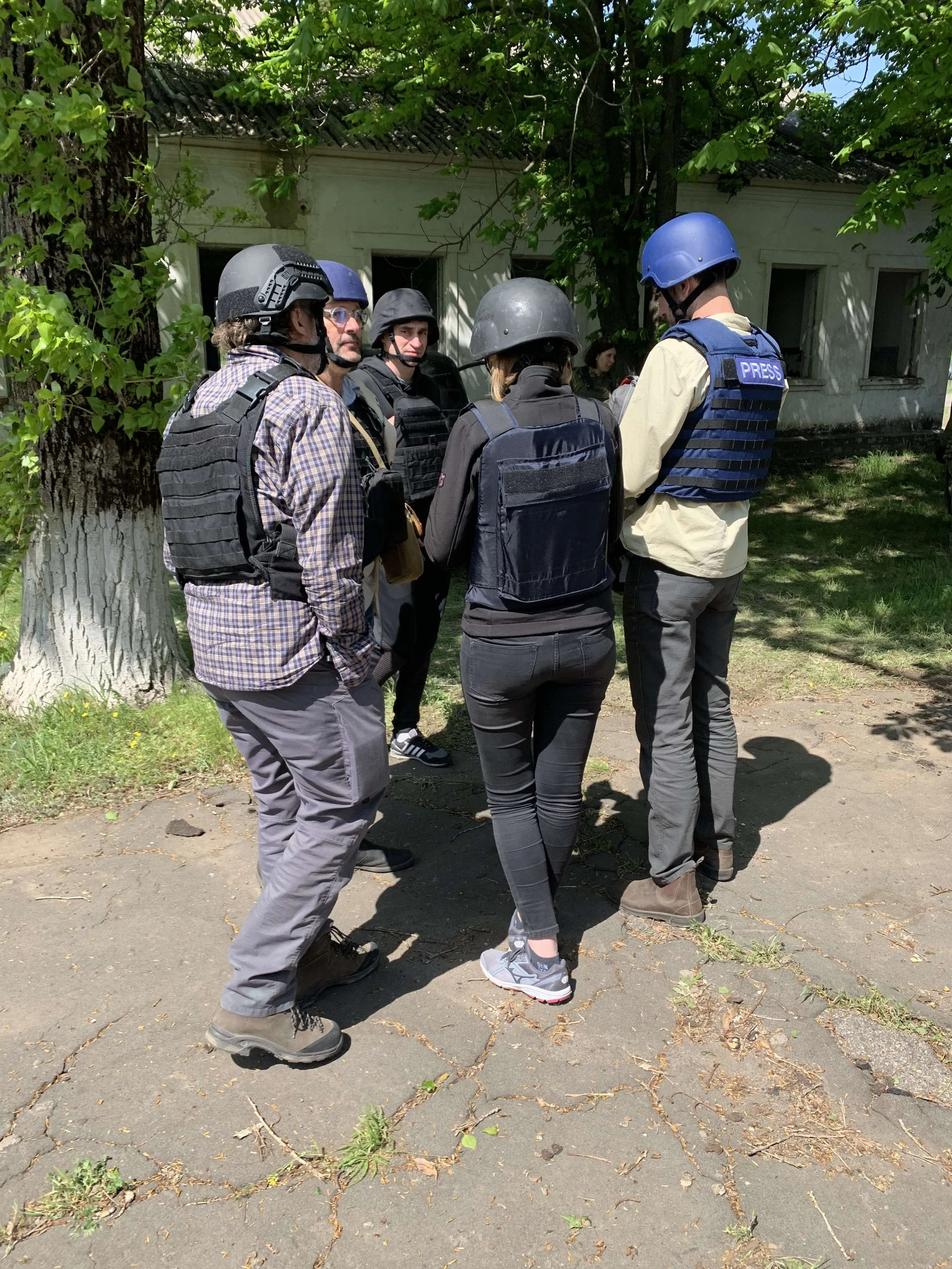
The 80:20 Rule
Planning, Risk management and Contingency…
How we plan and handle risk, so you can focus on your journey…
Conflict Journalists are a fetishized tribe. They travel to some of the most dangerous places on the planet and their reporting can change the world. But the reality of daily life in the field is not so glamorous. Whenever I’m asked to speak to young photojournalists, I talk to them about the 80:20 rule.
This is a straight forward rule: 80% of our field work as journalists is the nuts and bolts of logistics, safety and security and 20% of our work is the creative story telling. Networking, communications, and logistics are the core skills of our business.
If you’re running short of time, you might want to skip to our Afghanistan specific safety page.
Left: Sam Kiley leads a security briefing in the donbas, Ukraine.
Below: on patrol with ISAF troops in Ghazni, 2014.

How Journalists really work in the field…
The best reporters in the world aren’t the greatest writers - they are the networkers, the grifters and the logisticians. They blag the final seat on the last UN flight and call in a back pocket favour for the last gallons of fuel in town for their vehicle. They know when to smile and when to scowl, when to shake hands and when to sit woodenly because they are true experts in the human terrain in which they operate. Most importantly they learn to constantly reassess the situation around them and how to build local networks of friends and reliable fixers.
What’s this got to do with you and your Safarāt Journey?
The most important work happens before any hostile deployment is ever signed off. In our world, risk assessments and contingency planning are much more than an arse-covering, bureaucratic exercise.
Safarāt builds on over 15 years of planning, working and living in hostile environments, to guarantee your safety and security on our trips.
When I started Safarāt my goal was to offer tourists a window into our closed world. This window includes offering our customers the same level of planning, security, risk assessment, communication and contingency that major television networks like CNN or the BBC use for their own crews.
1. Risk assessment: We carefully formulate a formal written plan of our trip, considering a full range of possible scenarios and current threats. This plan includes contingencies such as detailed lists of local medical facilities, an assessment of their capability and agreements and arrangements to evacuate you in the event of an emergency.
Our plan is then peer reviewed by an independent security and risk specialist who is an expert on Afghanistan. We never consider our risk assessment process finished. Our evaluation shifts on a daily basis, and we are constantly updating our assessments using our local networks and based on our experience. We would never hesitate to cancel or modify a trip if we felt that our guests were at an elevated risk.
2. Medical support: Outside of Kabul medical facilities are basic, particularly in rural areas where levels of urgent and emergency care are poor. At least one of your guides will be a trained FREC3 medic and our vehicles are equipped with a comprehensive expedition medical pack including a defibrillator. Your group’s insurance policy includes the necessary cover for you to be medically evacuated by air from Afghanistan should the need arise.
3. Communication plan: Afghanistan’s mobile phone network is generally good, but your trip leader will always have a minimum of two further ways of communicating. Every group will have a satellite phone at their disposal and a separate tracking device that can be monitored from the United Kingdom by a third party.
4. Commitment to Ongoing Training We are committed to constantly improving our knowledge and understanding, particularly in terms of our risk management and medical training. This extends to our local partners, staff and drivers.
Our risk assessments, mitigation techniques, comprehensive planning and highly experienced guides do not make travelling in these places risk free. But our approach offers you the safest possible window into an otherwise closed world.
If you’ve got any further questions about our safety and security, please contact us.



